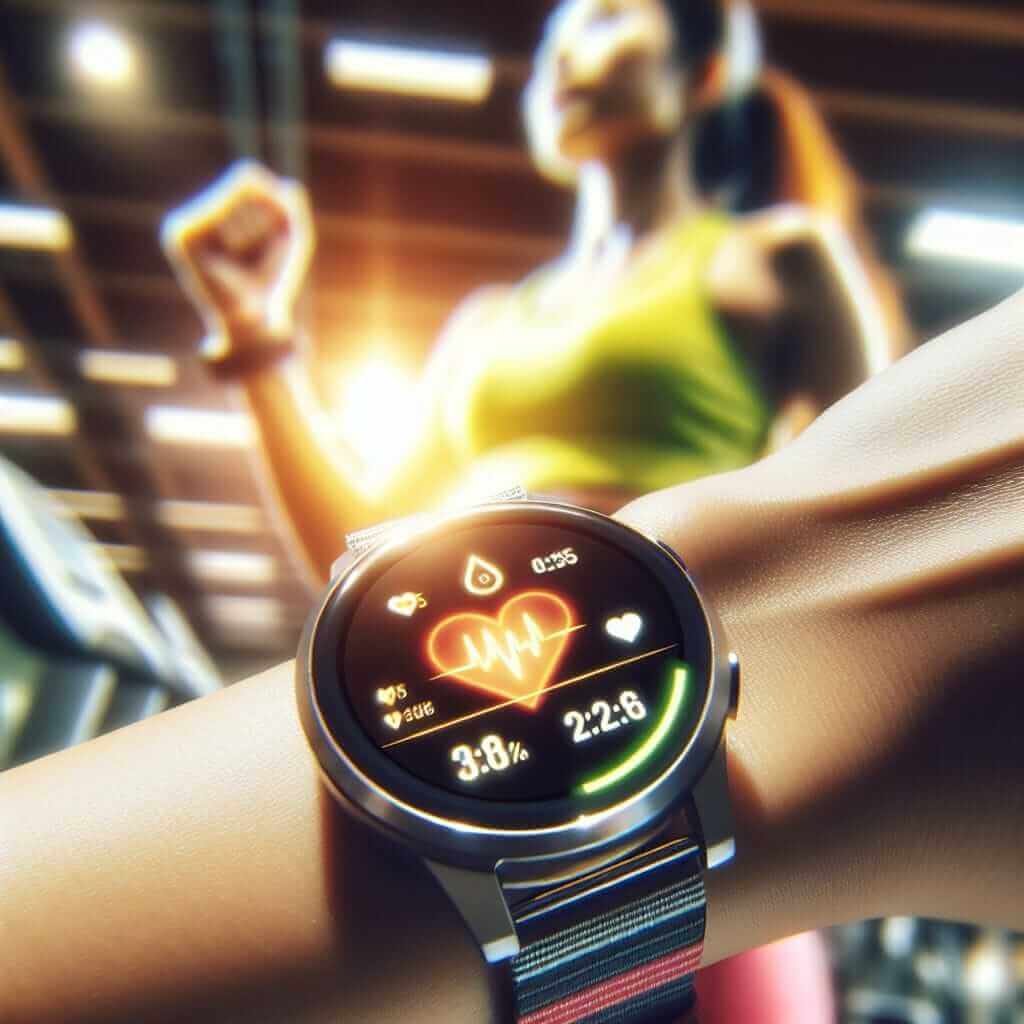The intersection of technology and healthcare has become a fertile ground for innovation, with wearable technology emerging as a game-changer. At the heart of this revolution lie semiconductor chips, the unsung heroes powering these miniature marvels. “The future of semiconductor chips in wearable technology” is a topic that frequently appears in IELTS Writing Task 2, prompting candidates to analyze the implications of this technological advancement.
Let’s consider some potential IELTS essay questions stemming from this theme:
- To what extent do you agree that the future of healthcare depends on advancements in semiconductor chips for wearable technology?
- Discuss the potential benefits and drawbacks of incorporating increasingly sophisticated semiconductor chips into wearable devices.
- Some argue that the rapid evolution of semiconductor chips in wearable technology raises significant ethical concerns. Do you agree or disagree?
Exploring the Impact of Advanced Chips in Wearables
For this analysis, let’s focus on the following IELTS Writing Task 2 question:
Discuss the potential benefits and drawbacks of incorporating increasingly sophisticated semiconductor chips into wearable devices.
Analyzing the Question
This question requires a balanced discussion, exploring both the positive and negative aspects of advanced chips in wearables.
- Keywords: benefits, drawbacks, semiconductor chips, wearable devices, sophisticated
- Type of essay: Discussion Essay
Sample Essay
The relentless march of technology has led to the development of increasingly sophisticated semiconductor chips, the tiny brains behind the functionality of wearable devices. While the incorporation of such advanced chips promises a plethora of benefits, it is not without potential downsides. This essay will delve into both sides of the argument, ultimately concluding that the advantages outweigh the disadvantages.
On the one hand, the integration of advanced semiconductor chips in wearables offers a myriad of advantages, particularly in healthcare. Wearable devices equipped with powerful chips can monitor vital signs with unprecedented accuracy, enabling early detection of health issues and potentially saving lives. Furthermore, these devices can track fitness progress, sleep patterns, and even stress levels, empowering individuals to take proactive control of their wellbeing. The miniaturization of these chips also allows for more comfortable and discreet wearables, increasing their appeal and encouraging wider adoption.
On the other hand, there are valid concerns regarding the increasing sophistication of these chips. One significant concern is the potential for data privacy breaches. As wearables collect vast amounts of personal data, including health information, ensuring the security of this data becomes paramount. Additionally, the increasing reliance on technology raises questions about data dependency and the potential for digital exclusion of individuals who lack access or the skills to utilize these devices effectively. There is also the risk that overreliance on wearable technology could lead to a decline in personal responsibility for health and well-being.

In conclusion, while the incorporation of advanced semiconductor chips in wearable devices presents potential drawbacks, such as privacy concerns and the risk of technological dependence, the benefits, particularly in healthcare and personal well-being, are undeniable. As technology continues to evolve, it is crucial to implement robust security measures and address ethical concerns to harness the full potential of these advancements for the betterment of humanity.
(Word count: 308 words)
Writing Tips
- Structure: Follow a clear structure with an introduction, body paragraphs discussing benefits and drawbacks, and a conclusion.
- Vocabulary: Use topic-specific vocabulary related to technology, healthcare, and data privacy.
- Grammar: Pay attention to subject-verb agreement, article usage, and complex sentence structures.
- Examples: Provide relevant and specific examples to support your arguments.
- Coherence: Use linking words and phrases to ensure a smooth flow of ideas.
Vocabulary Builder
- Sophisticated (adjective) /səˈfɪstɪkeɪtɪd/: Developed to a high degree of complexity
- Myriad (noun) /ˈmɪriəd/: A countless or extremely great number
- Proactive (adjective) /ˌproʊˈæk.tɪv/: Creating or controlling a situation by causing something to happen rather than responding to it after it has happened
- Discreet (adjective) /dɪˈskriːt/: Careful and prudent in one’s speech or actions, especially in order to keep something confidential or to avoid embarrassment.
- Breach (noun) /briːtʃ/: An act of breaking or failing to observe a law, agreement, or code of conduct
Conclusion
The future of semiconductor chips in wearable technology is brimming with possibilities. As you continue your IELTS writing journey, consider exploring related themes, such as the ethical implications of artificial intelligence in healthcare, the role of technology in an aging society, or the potential of wearables in addressing global health challenges. Mastering the art of crafting well-structured and insightful essays on such topics will undoubtedly bolster your IELTS score and equip you with valuable communication skills for the future.